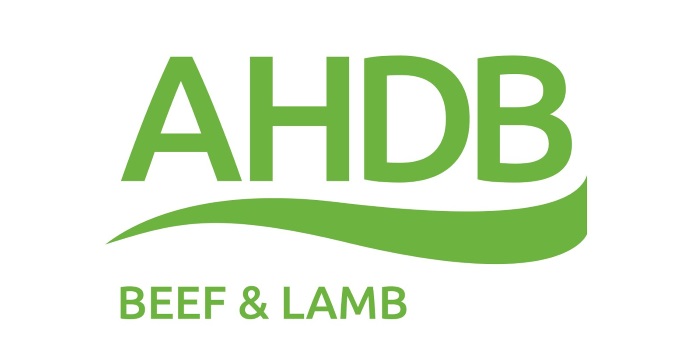Funding for the AHDB Beef & Lamb DIY artificial insemination (AI) courses has been extended, with a further 250 places available following excellent uptake of the initiative in 2017.
The courses have been extended to March 2020 and are available to suckler producers with more than 30 breeding females, with 50 per cent of the cost covered by AHDB Beef & Lamb.
XL Vets Training Services and Westpoint Farm Vets will be delivering the courses at locations around the country.
AI is not commonly used on suckler farms, however it can be an excellent way of improving herd genetics without the cost of buying and keeping a bull on farm. Using AI enables producers to select bulls that are suited to their herd’s breeding programme. Sires can be chosen for both maternal and terminal traits and sexed semen is also available, enabling producers to breed their own replacement heifers. Using AI sires to breed replacements also removes the need to replace stock bulls every two years.
Amy Fawcett, AHDB Beef & Lamb Knowledge Exchange Managar, said: “It was fantastic to see such a positive response to the DIY AI courses earlier in the year, when we had 80 expressions of interest for 50 course places. Giving producers the ability to perform AI themselves enables them to serve cattle at the correct time and reduces service costs. Producers can also take advantage of sexed-semen technology to breed their replacements, producing high genetic merit animals that will perform well in their herds.”
The funding will also be available to final year agriculture students who can demonstrate how they will use the skills gained on the course in their future career.
For more information including how to book on a course, see beefandlamb.org.uk/returns
AHDB’s 2017-2020 strategy sets out priorities for the organisation over the next three years, one of which is driving greater on-farm uptake of superior genetics by increasing the use and understanding of estimated breeding values. Enabling producers to perform AI on farm means they have the potential to improve profitability by increasing the genetic potential of their herd.


